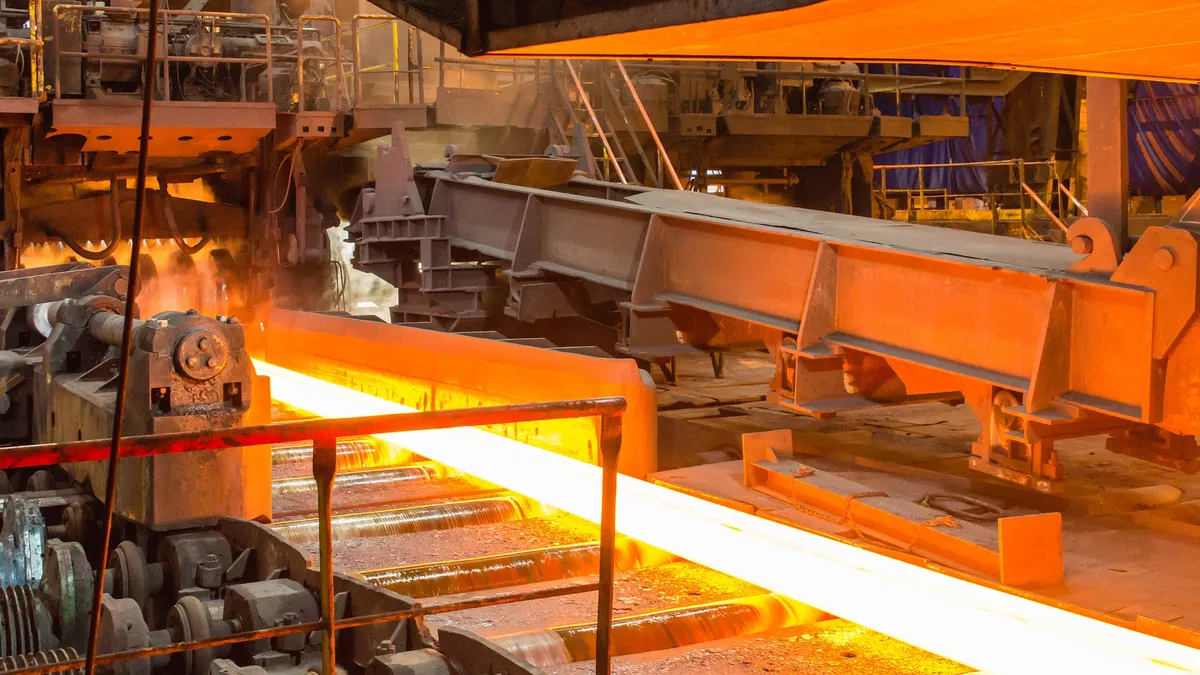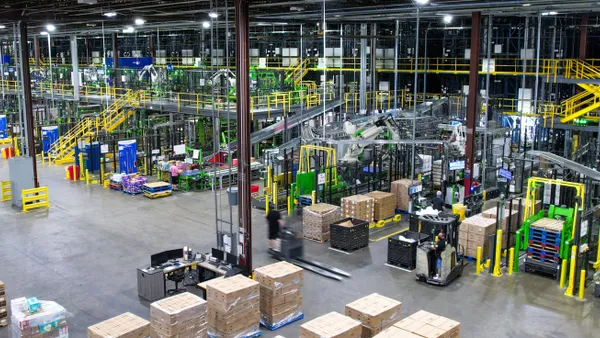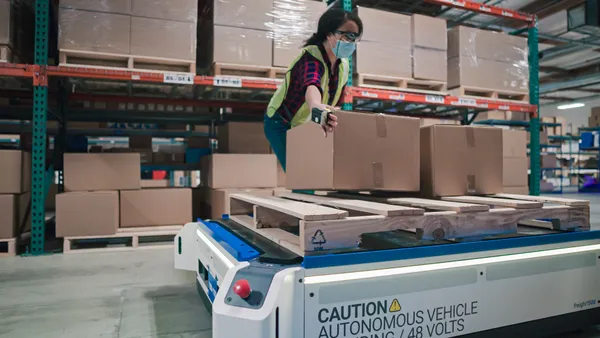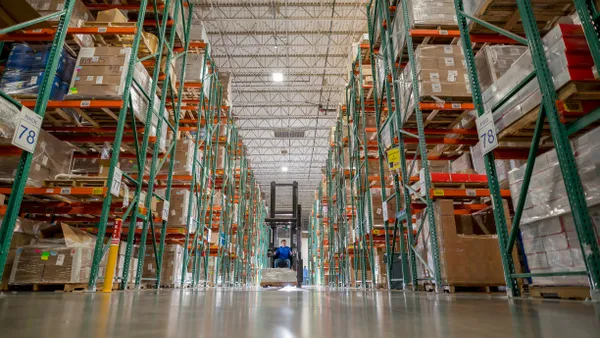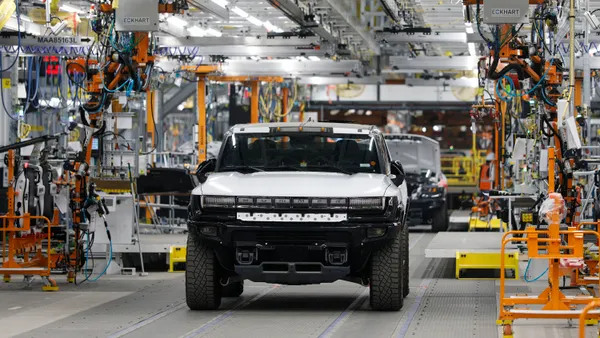Dive Brief:
- The news of an upcoming trade war over steel imports struck a chord with speakers at JOC Events' TPM 2018, which insisted trade wars are not just harmful, they are impossible to win.
- "Even before retaliation, protectionism hurts," said IHS Markit Chief Economist Nariman Behravesh. "It's debatable about how many jobs are saved" with protectionist policies.
- The industries most hurt are typically secondary industries, or those using the taxed good for their own products like cars and cans. Tariffs would make consumer products more expensive, such industries "less competitive," and undermine the administration's economic growth trajectory, Behravesh added.
Dive Insight:
Behravesh centered his argument on the fact that, for every steel miner or smelter in the U.S., there are "10 times more workers in steel-using industries" that will be affected.
Looking back at the past 20 years of economic policy, he pointed at two examples where he says such protectionist measures backfired on the U.S. economy. In 2009, President Obama raised tariffs on tires, against China. "Estimates are it saved 1,200 jobs," he said, but each job cost the economy $900,000 to protect.
A similar story took place in 2002, when President George W. Bush also targeted the steel industry, raising tariffs against flat-steel products, hot-rolled and cold-finished steel bars. "The estimates are that we lost 200,000 jobs net in the U.S. as a result of those tariffs. That is more than the number of people in the steel industry, total."
Those numbers come from an oft-cited report published in 2003 for the Consuming Industries Trade Action Coalition, a pro-trade lobbying group. The CITAC report conducted the study on the steel industry less than a year after the tariffs were imposed, and its data is now 16 years old.
Steel industry associations dispute the claim that the Bush tariffs cost American jobs, Bloomberg reported, saying the industry added jobs. The news site also reports that by a measure of Gross Domestic Product, the impact of steel tariffs was tiny and industry conditions have changed drastically since 2002.
So why do presidents implement such policies?
Typically, it is to appease a base which has felt targeted by free trade. "The (base) backlash has to do with the left-behinds," he said. "People who feel they have been totally betrayed (by trade)."
Implementing such policies often presents a political victory for presidents looking to appease their base. Yet, in President Trump's case, it is often the same type of voter that will be hurt by the tariff as the one that will be helped. "The economics are clear enough in my mind, but the politics — I don't get it," said Behravesh.
He added the proposal may blow over in the same way the political crisis over North Korean swashbuckling did. After all, President Trump's cabinet, congress and allies oppose it, in addition to a strong business and investor case against the policies.
So far, he said, the global economy has done a good job ignoring political risk to maintain a growth trend. While Brexit, President Trump's election, and more recently fears on NAFTA and Italy's upcoming elections may grow uncertainty, companies have carried on resilient.
If that trend continues through May, the U.S. expansion will be the second longest in recorded history, he noted. "This global and U.S. recovery has legs, and left to its own devices, it will likely be able to go through and be sustained through at least 2019, maybe even 2020."



